This post is also available in: Danish
The technology behind SymbioMatch started to take shape when Marcela Mendoza worked with Mexican farmers 10 years ago: She wanted to use biofertilisers produced with living bacteria to increase the farmer’s yield. And it worked. Sometimes.
“My goal was to develop a product that worked no matter the soil conditions. I knew the goal but not how to go there. But I understood I needed to learn more about the biology,” Marcela Mendoza says.
This endeavour took her to Oxford University, where she spent five years and a PhD degree researching how to identify the right soil bacteria to develop efficient biofertilisers.
“We found a way to customise biofertiliser. Now, we could identify the right bacteria and companies could produce it. But the risk was still too high for them.”
This brought her to Aarhus University and Stig Uggerhoej Andersen, Scientific Advisor & Co-Founder of SymbioMatch. Here, they validated her findings – from lab to field trials.
After another five years, she had the right data and was ready to spin out. However, as a Mexican citizen, she needed to keep her working visa to stay in Denmark. Thankfully, the Spin-outs Denmark programme provided the perfect opportunity at this stage, as it would finance her work for a full year where she could strengthen the business model and work on actually spinning her research out in the company, SymbioMatch
“Today, we have customised biofertilisers that consistently work. We are actually doing precision soil diagnostics and identifying the best soil bacteria for the plants. And the opportunity from Spin-outs Denmark gives me a full year to focus on turning this project, we’ve developed in research for the past ten years, into a real company,” she says.
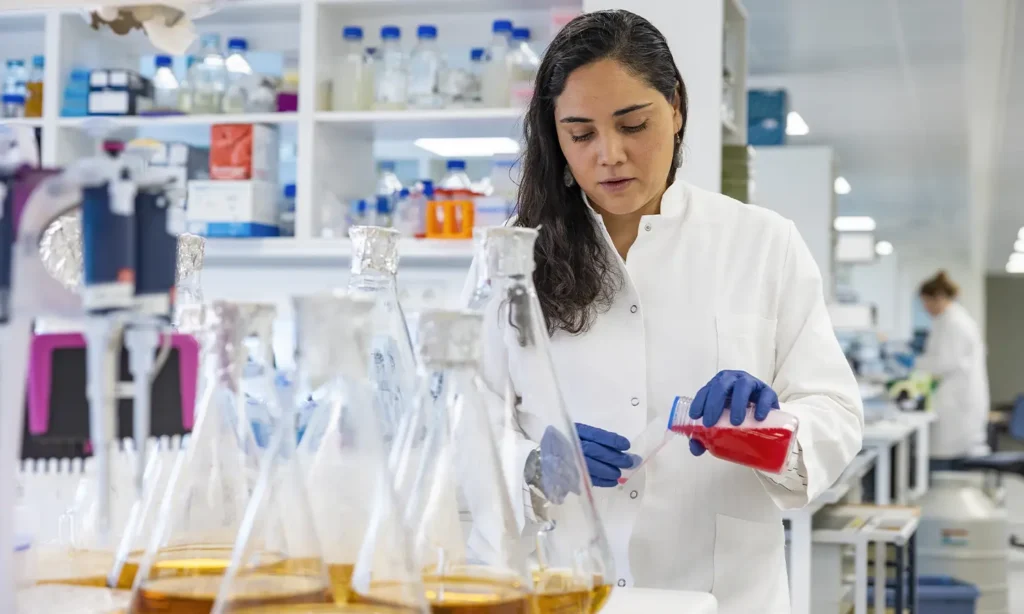
About: SymbioMatch
SymbioMatch produces tailor-made and effective biofertilisers. Their technology identifies the optimal plant-bacteria synergy, boosting crop yields sustainably.
Crucial time to focus
Xianzheng Ma, was among the young researchers in the 2023 cohort of Spin-outs Denmark. His path is similar: He started his research working on a new membrane for water purification as a PhD student at Aalborg University. He saw the commercial potential. And thanks to the Spin-outs Denmark programme, he has managed to focus the business application of the technology: FiBrane is a simple solution that turns seawater into ultra-pure water. A core component for offshore production of Green Hydrogen, which will likely be a crucial step toward a fossil-free future.
The programme introduced him to like-minded researchers who knew their science and technology but had to learn about business.
“Spinouts Denmark has been really, really helpful in my case. Without them, I couldn’t make it this far. It is specifically made to bridge the gap between research and commercial maturity. Without this bridge, there would be a lot more hurdles to get to the stage we are at right now,” Xianzheng says, who exemplifies the learning curve by how his pitch has changed during the year he attended the programme:
“It started more as a lecture than a pitch with 20 pages describing the tech and data behind it. Condensing three years of research into one slide is hard. But I learned a lot during this year. I found it to be very helpful and very intense – more intense than I expected.”

About: FiBrane
FiBrane is a groundbreaking membrane technology for efficiently transforming seawater into ultra-pure water for offshore green hydrogen production. Fibrane’s technology enhances operational efficiency and reduces costs, paving the way for a sustainable approach to green hydrogen production.
Fibrane and SymbioMatch both have a long journey ahead of them before they can call themselves market leaders in their respective fields. However, Spin-outs Denmark has already allowed them both to take the next step: Fibrane has joined the Villum Power to X acceleratorAn accelerator is an intensive program that provides startups with mentorship, education, resources, and sometimes funding to accelerate their growth. More (with a DKK4m grant), and SymbioMatch has been accepted into the BII Venture Lab programme (DKK4m grant).
“A year ago, I didn’t know about partnerships, production etc. I only knew the potential of our solutions, and the programme gave me an extra year to de-risk the technology,” says Marcela Mendoza from SymbioMatch and continues:
“This grant, despite its amount, has been crucial because it allows us to focus solely on this project. I have found a way to get to a viable business based on informed decisions. That would never be possible without the opportunity to work full time.”

About: Spin-Outs Denmark
Spin-outs Denmark is a one-year programme that supports and invests in entrepreneurial junior researchers who want to transfer research, create impact and start a company based on research results. Spin-outs Denmark focuses on developing junior researchers’ entrepreneurial skill set and mindset while providing funding, support, training and tools to drive their spin-out projects forward.





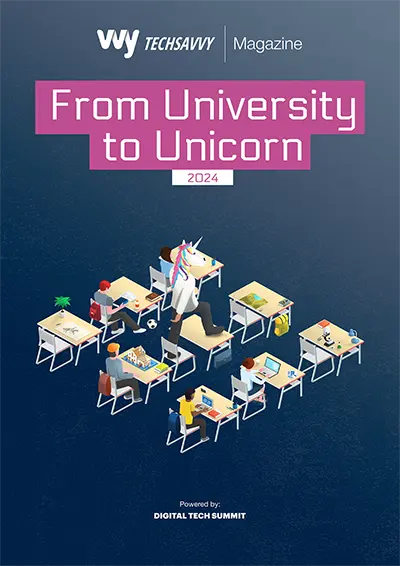
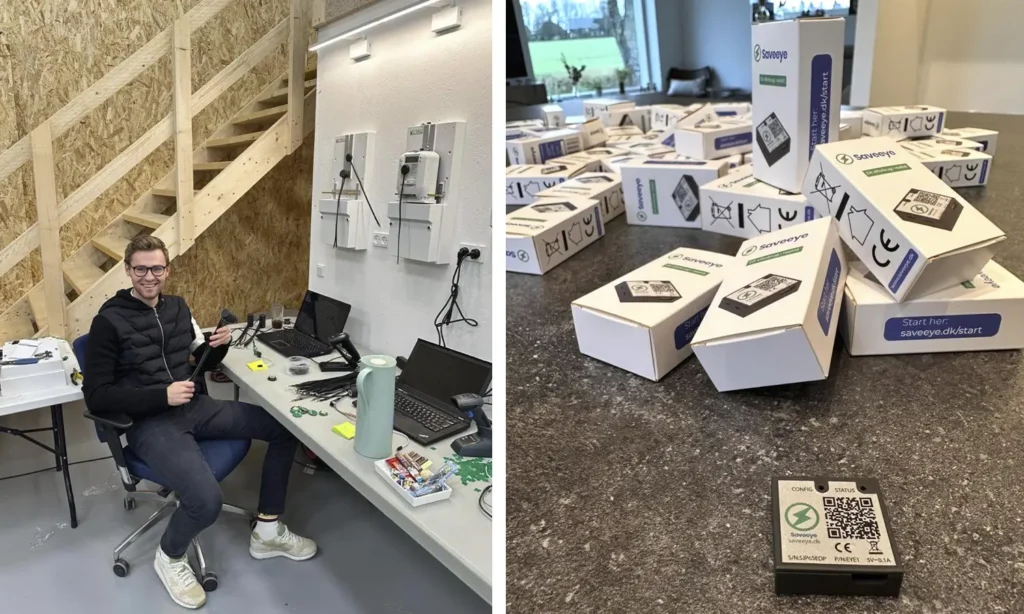
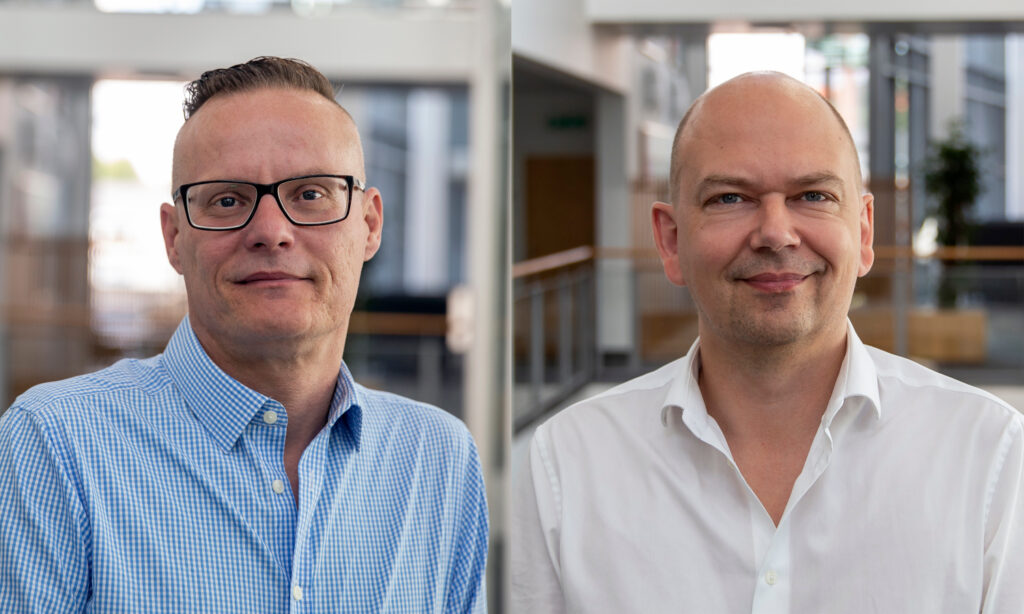

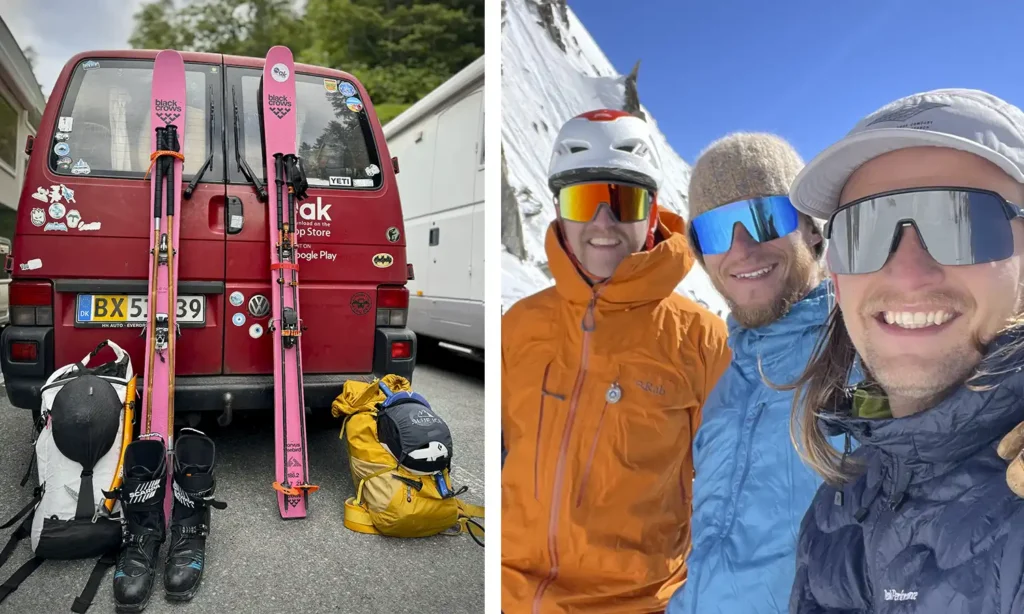
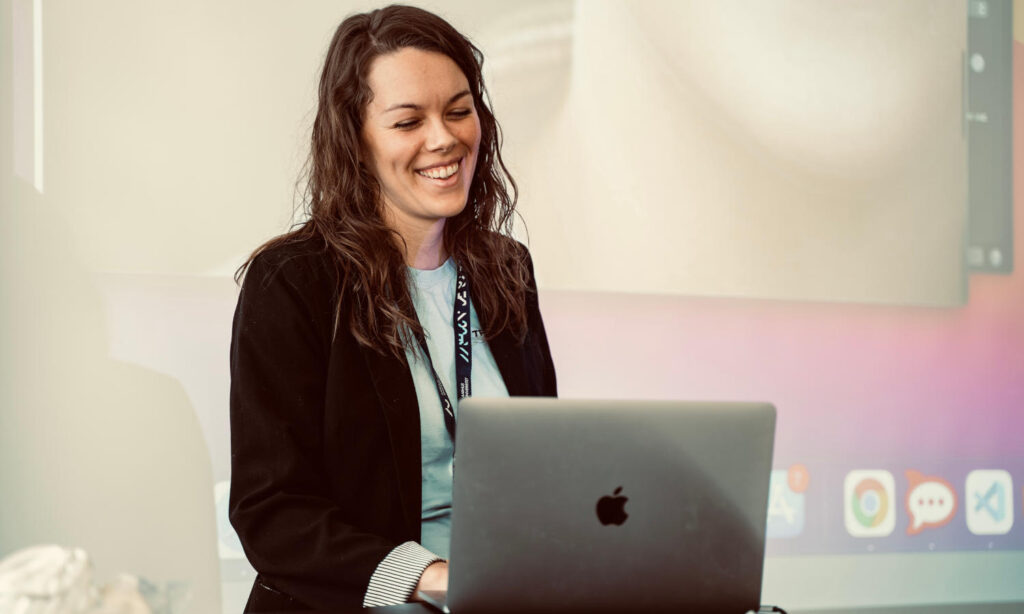
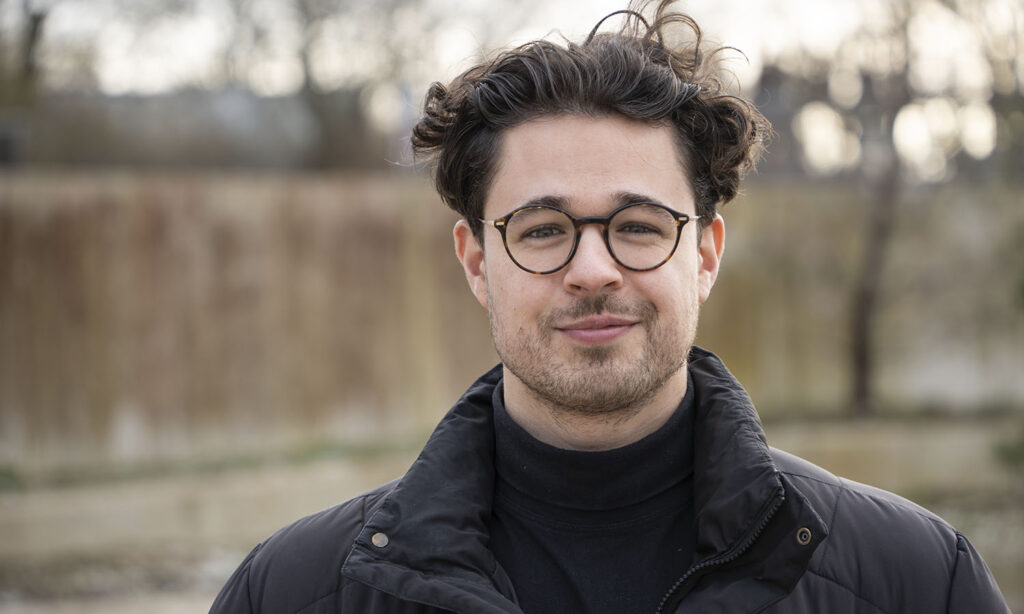


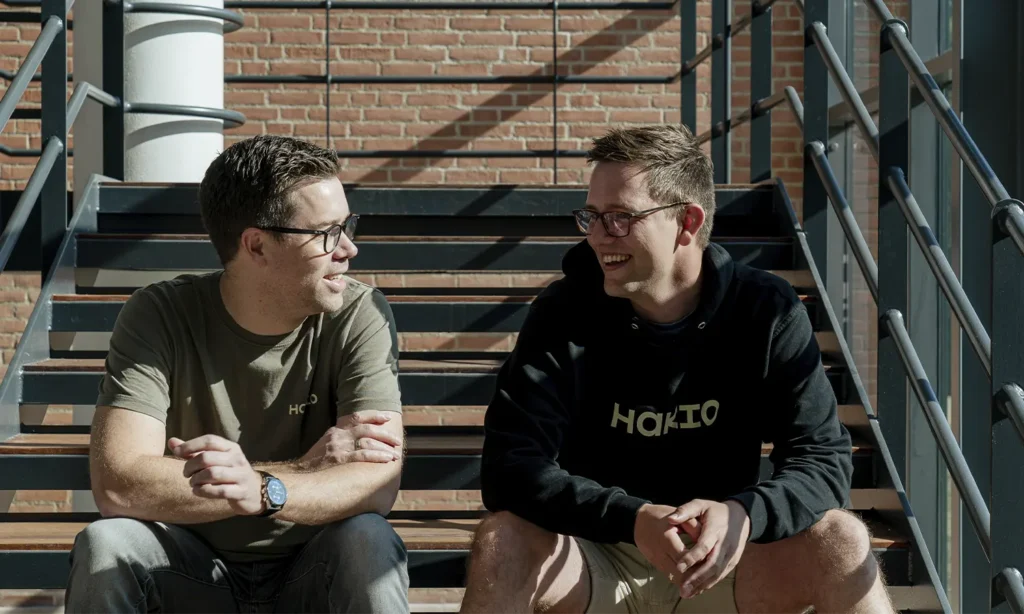
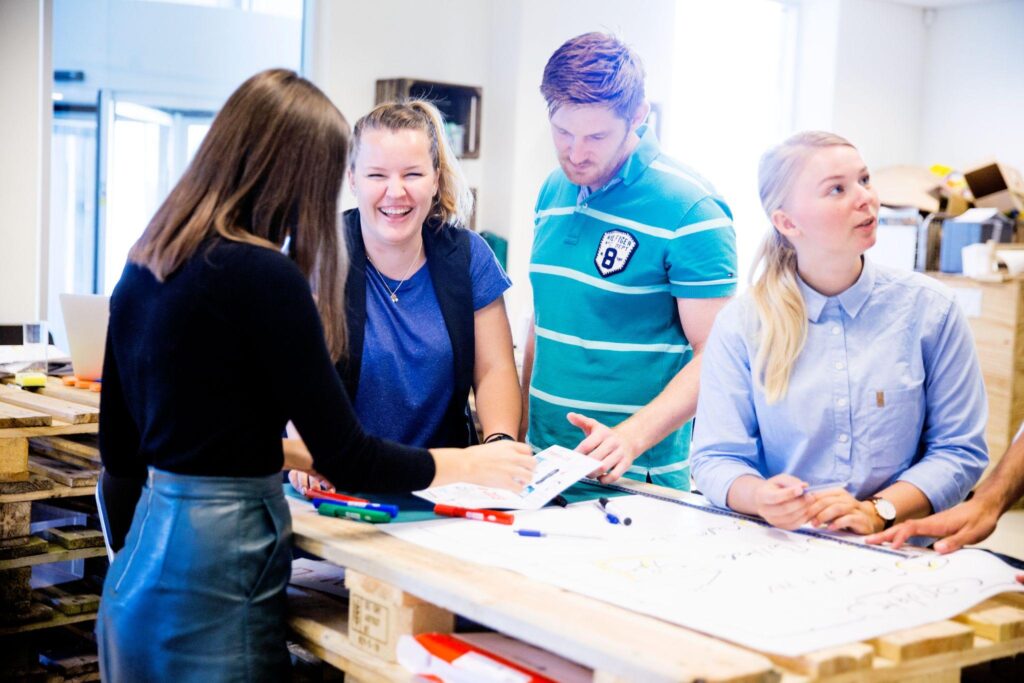


 Kære læser, du er meget velkommen til at dele vores artikler på sociale medier, linke eller referere til artikler eller content på TechSavvy.media. Men ønsker du helt eller delvist at kopiere indhold fra sitet må det kun ske efter aftale med vores redaktion på editorial@techsavvy.media.
Kære læser, du er meget velkommen til at dele vores artikler på sociale medier, linke eller referere til artikler eller content på TechSavvy.media. Men ønsker du helt eller delvist at kopiere indhold fra sitet må det kun ske efter aftale med vores redaktion på editorial@techsavvy.media.
 Kære læser, du er meget velkommen til at dele vores artikler på sociale medier, linke eller referere til artikler eller content på TechSavvy.media. Men ønsker du helt eller delvist at kopiere indhold fra sitet må det kun ske efter aftale med vores redaktion på editorial@techsavvy.media.
Kære læser, du er meget velkommen til at dele vores artikler på sociale medier, linke eller referere til artikler eller content på TechSavvy.media. Men ønsker du helt eller delvist at kopiere indhold fra sitet må det kun ske efter aftale med vores redaktion på editorial@techsavvy.media.